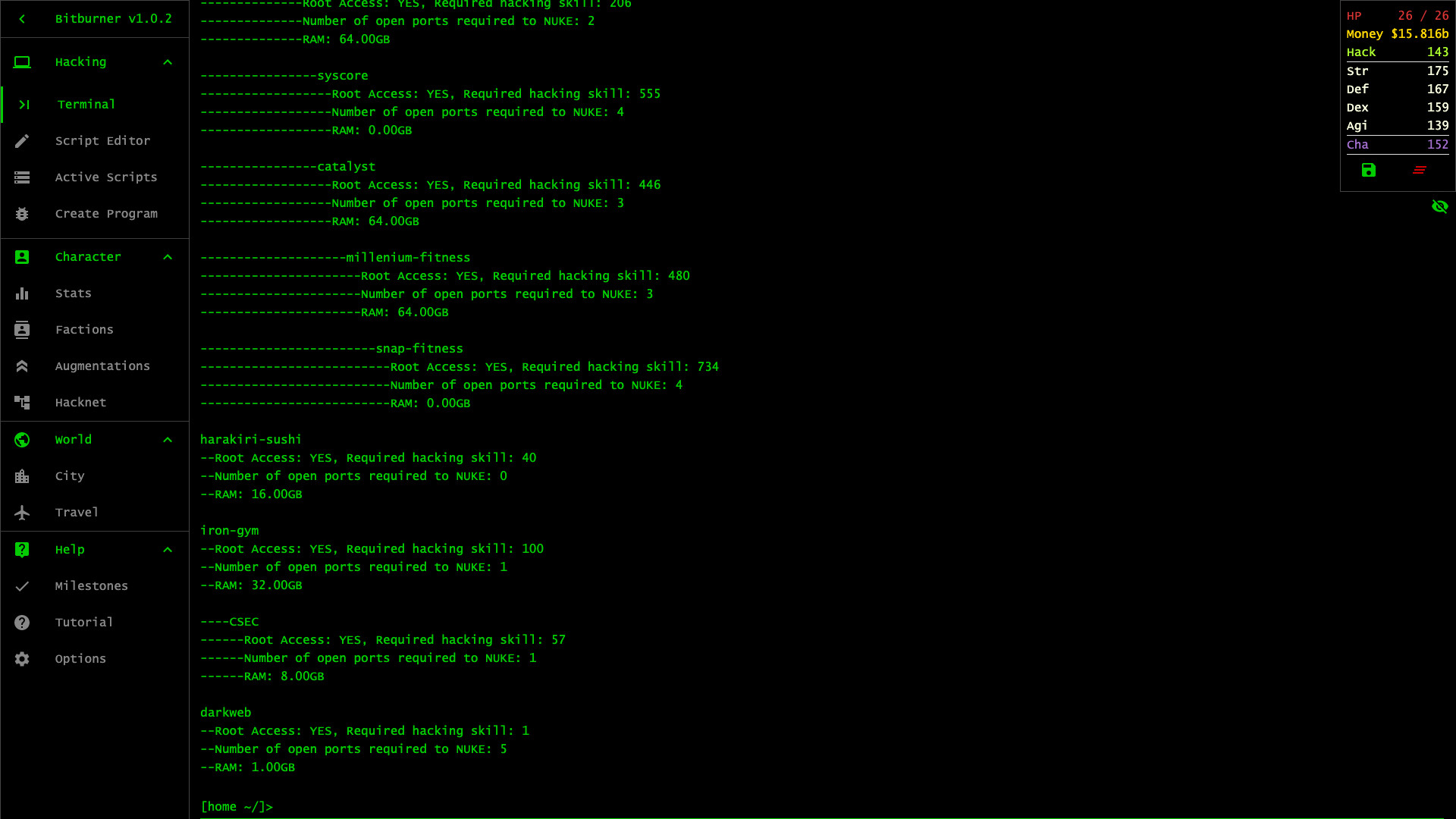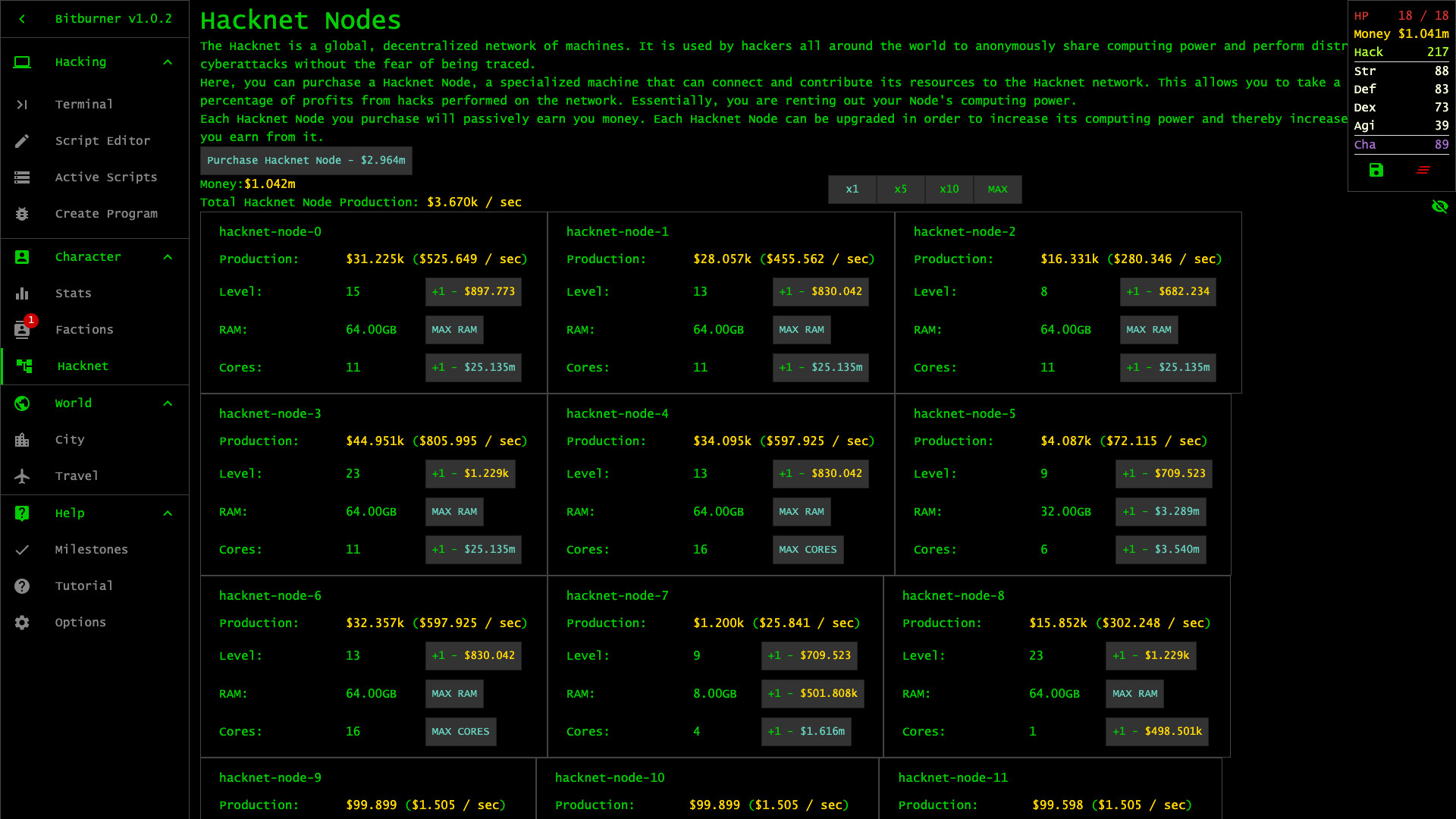
This mainly includes the release and presentation of tumor antigens to activate tumor-associated immune cells, and these antigens are delivered and infiltrated into the tumor tissues to enhance their recognition and subsequent elimination. The core of tumor immunotherapy is to enhance the antitumor immunity by targeting the cancer-immune cycle.

The "immunosurveillance theory" states that the immune system has a complete surveillance function to distinguish and remove "non-self" tumors. Unlike patients on conventional therapies, those who respond to immunotherapy are more likely to achieve high-quality long-term survival with fewer side effects.

Currently, immunotherapy is the most promising antitumor treatment. The history of drug therapy for malignancies, such as cancer, has developed from chemotherapy to targeted therapy and then to immunotherapy. Keywords: lipid metabolic reprogramming, tumor microenvironment, immunotherapy, therapeutic target Background Overall, lipid metabolic reprogramming has profound effects on cancer immunotherapy by regulating the immune microenvironment therefore, targeting lipid metabolic reprogramming may lead to the development of innovative clinical applications including sensitizing immunotherapy. Here, we systematically reviewed the characteristics, mechanism, and role of lipid metabolic reprogramming in tumor and immune cells in the TME, appraised the effects of various cell death modes (specifically ferroptosis) on lipid metabolism, and summarized the antitumor therapies targeting lipid metabolism. Lipid metabolic reprogramming plays pivotal role in regulating the immune microenvironment and response to cancer immunotherapy. In the past few decades, immunotherapy has revolutionized the treatment landscape for advanced cancers. Specifically, lipid metabolic reprogramming has marked impacts on cancer progression and therapeutic response by remodeling the tumor microenvironment (TME). Metabolic reprogramming is one of the most important hallmarks of malignant tumors. Select the file that you have just downloaded and select import option Reference Manager (RIS). The role of lipid metabolic reprogramming in tumor microenvironment. Yang K, Wang X, Song C, He Z, Wang R, Xu Y, Jiang G, Wan Y, Mei J, Mao W.

65 Murray Hill Rd., Binghamton, 13850, USA. Yuan Wan, Ph.D., The Pq Laboratory of BiomeDx/Rx, Department of Biomedical Engineering, Binghamton University, No. Jie Mei, M.D., Department of Oncology, The Affiliated Wuxi People's Hospital of Nanjing Medical University, No. ✉ Corresponding authors: Wenjun Mao, M.D., Department of Cardiothoracic Surgery, The Affiliated Wuxi People's Hospital of Nanjing Medical University, No.

The Pq Laboratory of BiomeDx/Rx, Department of Biomedical Engineering, Binghamton University, Binghamton 13850, USA. Department of Oncology, The Affiliated Wuxi People's Hospital of Nanjing Medical University, Nanjing, 210029, China.ģ. Department of Thoracic Surgery, The Affiliated Wuxi People's Hospital of Nanjing Medical University, Wuxi, 214023, China.Ģ. Kai Yang 1,2,*, Xiaokun Wang 1,*, Chenghu Song 1, Zhao He 1, Ruixin Wang 1, Yongrui Xu 1, Guanyu Jiang 1, Yuan Wan 3,, Jie Mei 2,, Wenjun Mao 1,ġ. Review The role of lipid metabolic reprogramming in tumor microenvironment


 0 kommentar(er)
0 kommentar(er)
